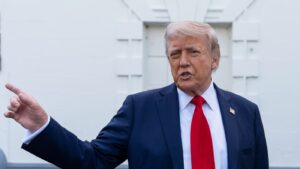Maria Ressa Raises the Alarm on Press Freedoms Amid U.S. Policy Changes
Concerns about press freedom in the United States have been reignited following a recent decision by the Justice Department to roll back protections for journalists. This shift is particularly troubling for Maria Ressa, a Nobel Peace Prize laureate known for her unwavering advocacy for media rights. Ressa, who co-founded the investigative news platform Rappler in the Philippines, has firsthand experience with governmental pressure on journalists.
In a conversation with NPR’s Scott Detrow, Ressa expressed her unease over the Justice Department’s move to rescind a policy from the Biden administration that safeguarded reporters in leak investigations. This policy change allows authorities to issue subpoenas and demand testimony from journalists in cases involving leakers. Ressa draws parallels between this development and the actions of former President Rodrigo Duterte in the Philippines, where she faced multiple arrests and a libel conviction for her reporting on his administration’s war on drugs.
Ressa warns that the United States might be on a dangerous path toward authoritarianism. Reflecting on the situation, she remarked, “Oh, my God, I feel like I have – it’s – I feel like it’s both deja vu and I have PTSD.” Her concerns stem from observing changes over the past 100 days that she finds eerily similar to those experienced in the Philippines, especially concerning the erosion of press freedoms.
According to Ressa, the threats to press freedom and democratic institutions can be understood in phases. She identifies technology as an accelerant, where social media platforms propagate misinformation, eroding trust in public information. The subsequent phases involve undermining news organizations, academia, NGOs, and ultimately state capture, leading to a breakdown in the rule of law.
One of the ongoing narratives involves former President Trump’s targeting of institutions. For instance, Columbia University, where Ressa currently teaches, is among the entities facing pressure. Financial grants are reportedly at risk unless changes are made, and law firms assisting democratic entities are warned of consequences unless they acquiesce. Ressa emphasizes the importance of standing firm, stating, “You don’t know who you are until you’re forced to fight for it.”
Despite the challenges, Ressa remains steadfast. She has refused to capitulate to pressures, driven by her commitment to press freedom and her colleagues’ belief in this mission. Her strategy involves facing her fears and preparing for worst-case scenarios, ensuring that her values remain intact.
In a climate where skepticism toward experts and the media is prevalent, Ressa advocates for engaging with audiences in person to bridge divides and combat misinformation. She asserts that the digital environment has manipulated public perceptions, but she remains committed to storytelling and meaningful dialogue.
Maria Ressa’s insights offer a sobering reminder of the importance of press freedom in upholding democratic principles. Her experience underscores the need for vigilance in protecting journalistic integrity in the face of mounting challenges.
Accuracy and availability of NPR transcripts may vary. Transcript text may be revised to correct errors or match updates to audio. Audio on npr.org may be edited after its original broadcast or publication. The authoritative record of NPR’s programming is the audio record.





